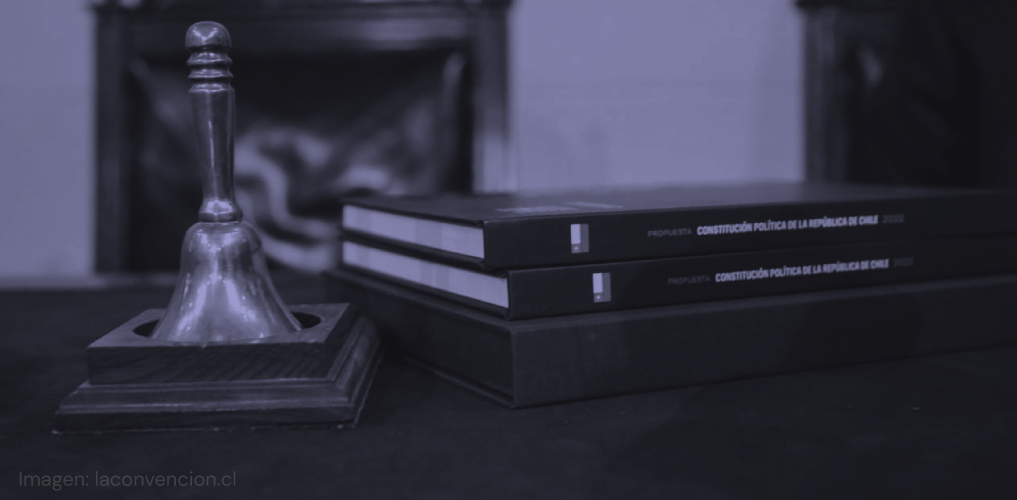Mr. Director,
In his letter to this newspaper, Octavio Del Favero argues that the criticisms of the political system in the constitutional proposal are unfair. He defends that the text proposes the deconcentration of power, both among the branches of government and vertically, by defining mechanisms of direct participation for the citizenry. He also highlights the new forms of representation -parity and reserved seats-, which would be a democratic guarantee and not a risk.
However, the proposal concentrates power excessively in the Congress of Deputies, the body that will bear most of the weight of the legislative discussion. Thus, for example, a fundamental matter such as social security and pensions, since it would not be of regional interest and would not have presidential concurrence, would in principle only pass through one chamber: the Congress of Deputies. In addition, this Congress would have greater control over the legislative agenda, since it would be the chamber of origin of all bills (including those of regional interest) and would have the power to define urgencies.
On the other hand, it is also debatable whether the proposal will effectively strengthen citizen participation. Some mechanisms of direct democracy -such as popular initiatives of law- have evident limitations and do not always meet the expectations they generate. In this sense, in order to truly strengthen citizen participation, it is necessary to allow and encourage spaces for association and organization. However, the proposal distrusts the relations proper to civil society, and replaces them with the State, restricting some of the most basic forms of democracy, such as allowing and promoting the spontaneous activity of a plural and diverse society.
Letter from Magdalena Vergara, Director of Studies IdeaPaís, published on August 10 in La Tercera.
Image: IdeaPaís

